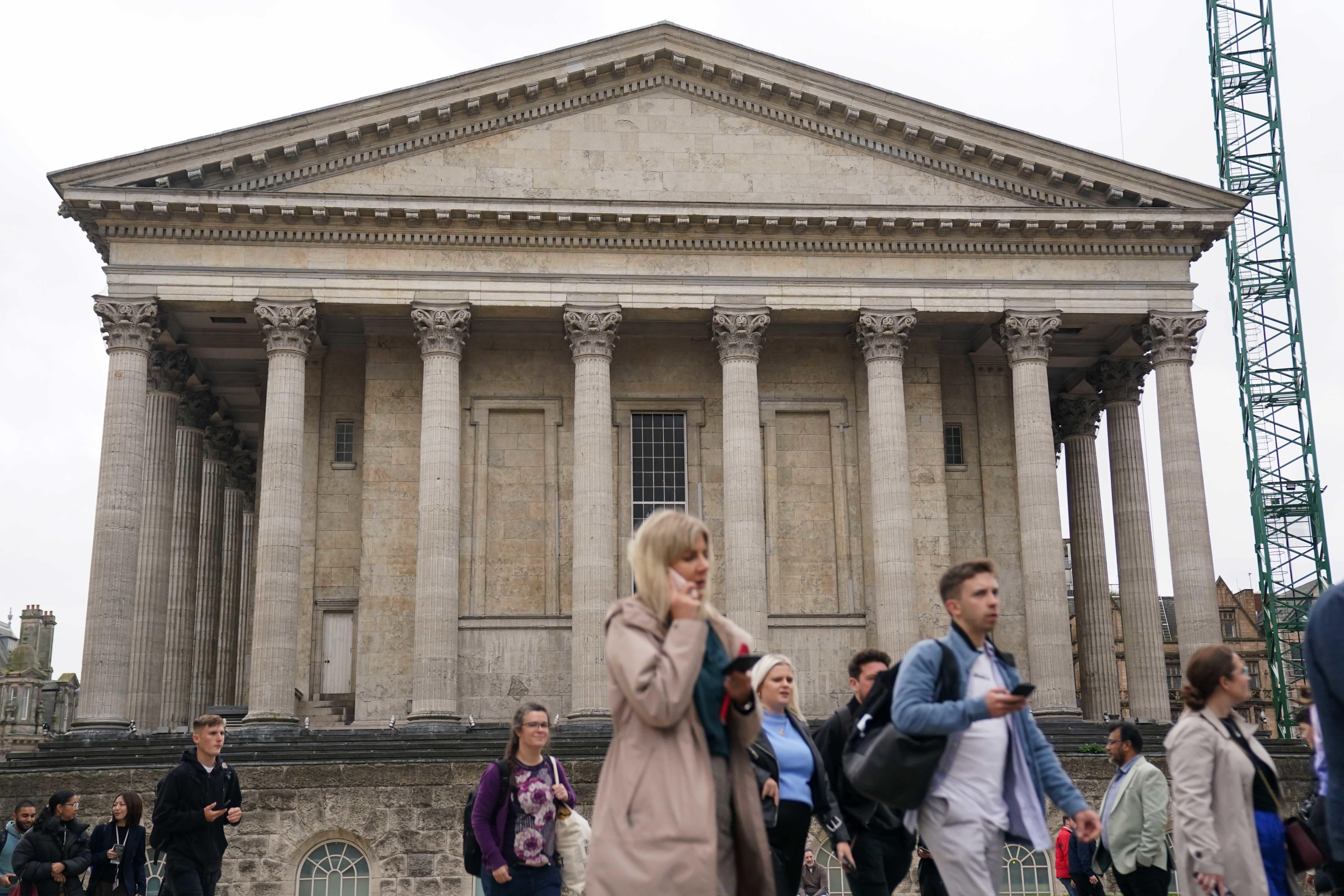Government approves £2.5 billion in ‘loans’ for distressed councils
A groups of local authorities have been given permission to use capital receipts from asset sales to prop up services.

Effective loans totalling nearly £2.5 billion requested by 19 councils suffering acute financial distress have been approved in principle by the Government.
Birmingham City Council will be able to access the largest amount of £1.25 billion, followed by Woking Borough Council, which has secured £330.7 million. Both councils declared effective bankruptcy last year.
The next largest amounts have been approved for Bradford City Council and Southampton City Council of £220 million and £121.6 million respectively.
The money has been made available through “capitalisation directions”, which give councils permission to use capital funds, often generated by selling assets, to top up spending on services.
However, all councils in receipt of a direction have to pay off the capitalisation over the next 20 years, which is why they are often referred to as loans.
A total of eight councils will have access to £40 million or more.
These are Somerset Council (£77 million), Plymouth City Council (£72 million), Thurrock Council (£68.6 million) Nottingham City Council (£66.1 million), Havering Borough Council (£53.7 million), Croydon Borough Council (£47.4 million), Soke-on-Trent Council (£42.2 million) and Cumberland Council (£41.2 million).
Some councils applied for capitalisation directions for budgets in previous years as well as 2024/25, reflecting how financial strain has taken hold over time.
For example, Birmingham sought approval for £685 million for this year, £172.2 million for 2022-23, £109.5 million for 2021-22 and £288.4 million for 2020-21.
The PA news agency has requested further clarification on why previous budgets in previous years need addressing,
Warnings have continued over the perilous state of council finances and frontline services being under threat despite the Government recently making an additional £600 million available in the local government finance settlement.
If further funding is not forthcoming in the Budget on March 6, communities will face the consequences of a worsening financial crisis across local government, the Local Government Association (LGA) said.
An LGA survey of council chief executives found 85% of local authorities continue to plan reductions in spending on key services as the sector faces a funding gap of £4 billion over the next two years.
In a written ministerial statement on Thursday, local government minister Simon Hoare said the “vast majority” of councils will be able to set balanced budgets in 2024-25 and “continue to deliver vital services for their communities”.
Of the councils listed by the minister as currently being subject to Government intervention, Liverpool City Council and Sandwell Borough Council were not included in the list of those approved for support.
Referring to councils that did secure approval, he added: “In all cases, the Government expects these local authorities to take into account the need to reduce wasteful expenditure, and ensure every area is making best use of taxpayers’ money.
In all cases, the Government expects these local authorities to take into account the need to reduce wasteful expenditure, and ensure every area is making best use of taxpayers’ money
“Where statutory interventions are in place, any final agreement to support will be contingent upon the demonstration of ongoing improvement, transformation and recovery.”
Mr Hoare added that final agreement on financial support would be “conditional upon the completion of rigorous external assurance reviews to assess, at a minimum, the local authorities’ financial management practices”.
Councils would also have to produce “improvement and transformation” plans focused on securing the their “medium term financial position”, he added.
The minister confirmed that the Government is taking additional action in the case of Plymouth City Council.
He said this is because the council had requested a “significant capitalisation as a direct result of the incorrect accounting treatment of a transaction in 2019/20 through which the council borrowed to pay off a large part of its pension deficit.”
Mr Hoare added: “Given the unusual nature of Plymouth’s approach, the in-principle capitalisation is conditional on a thorough, independent investigation into the transaction.”
The remaining councils which have had a capitalisation direction approved in principle are Slough Borough Council (£23 million), Cheshire East Council (17.6 million), Medway Council (£14.7 million), Middlesbrough (£13.4 million), West Northamptonshire (£6.6 million), Eastbourne (£6 million) and North Northamptonshire (£3.9 million).
A Department for Levelling Up spokesperson said: “This is about having a pragmatic approach and agreeing financial flexibilities with a small number of councils – as we have done in previous years – to help them balance their budgets and deliver vital services.
“Nearly three quarters of the support announced this year relates to six councils where there has been severe local failure, forcing the Government to step in and take action through statutory intervention.
“Councils are ultimately responsible for their finances and will see their overall funding for the upcoming financial year increase to £64.7 billion – a 7.5% increase in cash terms.”
Bookmark popover
Removed from bookmarks